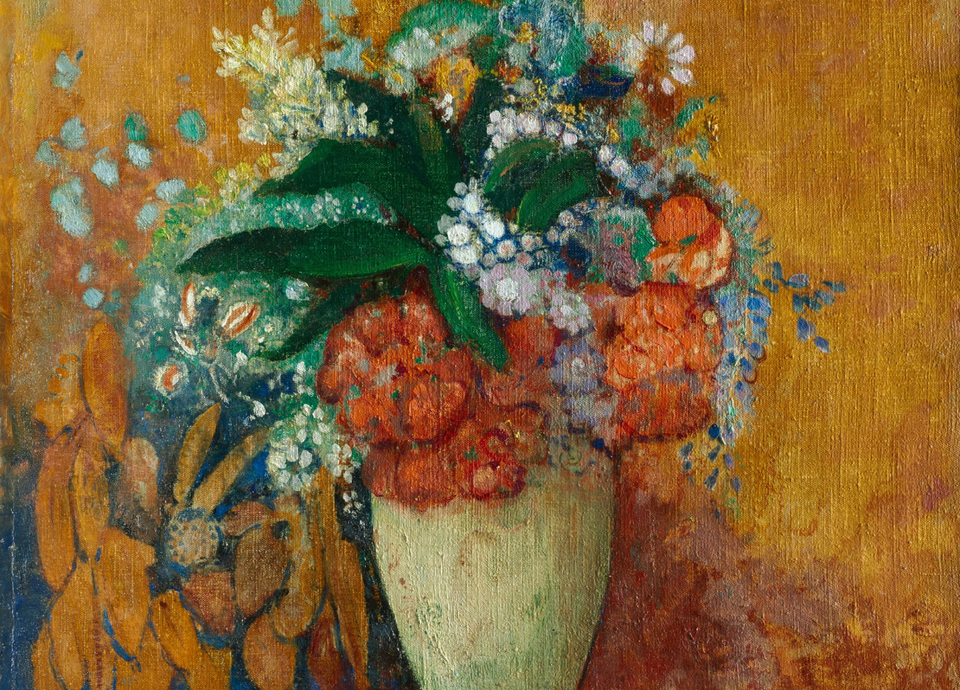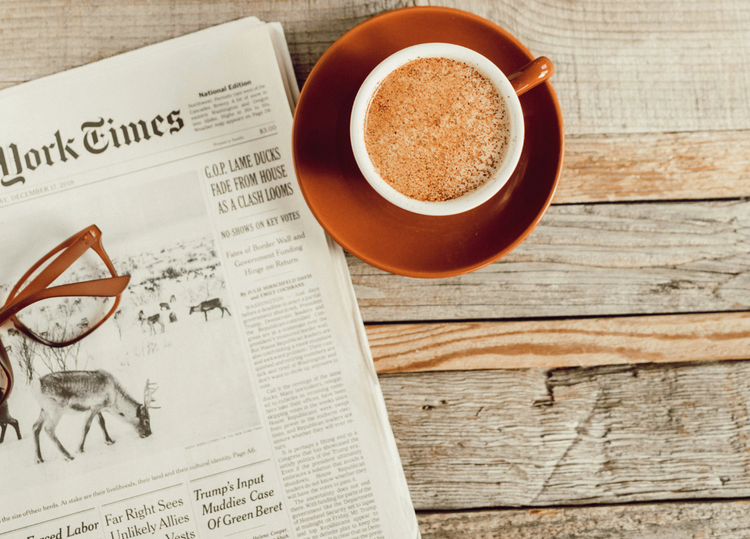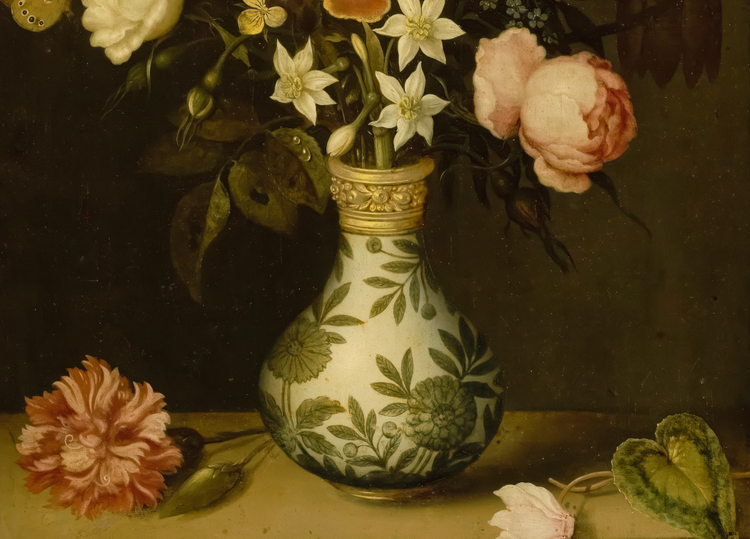Can Personal Liberty Survive When Democracy Collapses?

This is the second article in the "Freedom in Crisis: Navigating Systems from Global to Personal" series. In this exploration, we move from examining economic systems to questioning how democratic erosion affects our personal freedoms.
It's 3 AM and I'm staring at the ceiling again.
This isn't the peaceful insomnia of creative insight. It's the heavy-chest, racing-mind wakefulness that comes when you're thousands of miles away, watching your home country unravel.
I worry about the people I love who still live in America. I worry about what will be left of the place I once called home. I question whether I'll ever be able to return if democracy collapses entirely. Will there be a free country to go back to someday?
I've spent years helping people build personal freedom—showing them how to create location-independent income, opt-out of toxic work paradigms, and design lives outside conventional constraints. I've believed in the power of individual agency to carve out spaces of autonomy even within broken systems.
But lately, a question haunts my sleepless hours:
What happens to our personal freedoms when the democratic systems that protect them collapse?
The Convenient Separation
There's a story many of us in the "personal freedom" space have been telling ourselves:
That political turbulence can be navigated through individual adaptation. That with enough resources, mobility, or self-sufficiency, we can insulate ourselves from democratic breakdown. That while collective systems might fail, personal sovereignty can still thrive.
I've participated in this narrative. I've sometimes implied that if you just get clever enough, intentional enough, or privileged enough, you can build a bubble of freedom that remains untouched by political chaos.
But what if this story is dangerously incomplete?
What if the individual freedoms we cherish—to speak, to move, to create, to dissent, to control our own bodies, to pursue our unique paths—cannot survive the collapse of the systems that protect them?
Capitalism and Authoritarianism: Perfect Partners
Here's an uncomfortable truth about capitalism that challenges much of what I've taught and believed:
Capitalism doesn't actually require democracy to function. In fact, it often prefers democracy's absence.
History shows this pattern repeatedly: Chile under Pinochet. China's state capitalism. Russia's oligarchy. Singapore's managed authoritarianism. In each case, market "freedom" flourishes alongside political repression.
What we're witnessing globally isn't accidental—it's a deliberate uncoupling of economic "liberty" from political rights. A system where markets remain "free" while speech, assembly, and privacy are increasingly constrained. Where wealth can still be generated and accumulated, but dissent is criminalized.
The truth is, capitalism may survive—even thrive—under authoritarian regimes. But will our individual freedoms?
The Illusion of Escape
"I'll just move somewhere else."
I've said it. I've heard countless others say it. The fantasy that geographical mobility offers an escape hatch from political breakdown.
But where exactly are we planning to go, as democratic norms erode globally?
The digital nomad lifestyle I've sometimes championed assumes a world of open borders, functional visa systems, and governments that respect the rights of foreigners. It assumes there will always be a "somewhere else" untouched by authoritarianism's spread.
What happens when there's nowhere left to run?
The same question applies to other escape fantasies:
- That wealth will shield us (until assets are seized or currencies collapse)
- That remote land will protect us (until property rights are no longer respected)
- That staying quiet and not drawing attention will keep us safe (until silence itself becomes suspicious)
These illusions of escape reflect how capitalism has trained us to seek individual solutions to collective problems—to believe that personal cleverness can substitute for functioning systems.
The Freedom Paradox
Here's the contradiction at the heart of our current moment:
Our pursuit of individual freedom sometimes undermines the collective conditions that make freedom possible.
I see this in my own community, and have been guilty of many myself: People building personal wealth while voting against democratic safeguards. Digital nomads seeking tax havens while neglecting the civic responsibilities that maintain free societies. Entrepreneurs celebrating "disruption" while being indifferent to the erosion of democratic institutions.
We pursue maximum personal freedom while taking for granted the system that protects it—like removing bricks from the foundation of our house to build an addition on top.
What's more, this focus on individual solutions perpetuates the very isolation and commodification that authoritarianism requires to thrive. When we frame freedom primarily as personal escape, we reinforce the idea that dignity and safety are commodities available to those clever or privileged enough to secure them—not inherent rights that should be protected for all.
This raises uncomfortable questions: Who gets left behind in our individual pursuit of freedom? What happens to those who can't work remotely, can't relocate, can't build financial buffers? What does it mean when liberty becomes a luxury good rather than a universal condition?
True personal freedom cannot exist without collective political freedom. Individual sovereignty requires societal structures that respect and protect it. The liberty to build your unique path depends on systems that defend the right to diverge, dissent, and differ.
When we pursue freedom only for ourselves and those immediately around us, are we not participating in the same logic of exclusion that makes authoritarianism possible? When we frame resilience as primarily individual, do we not abandon the very solidarity that gives resilience its deepest power?
The Freedoms I Never Earned
There's a particularly uncomfortable truth I've had to face in recent years: most of the freedoms I've enjoyed weren't given freely—they were won through struggle, often bloody and brutal, by people who came before me.
As a white person who grew up in a country that privileges whiteness, I moved through the world largely insulated from the ongoing struggles of people of color. I never had to look too closely at how hard Black, Indigenous, and other non-white individuals fought—and continue to fight—for freedoms I took for granted. The right to vote, to move freely, to be presumed innocent, to expect fair treatment under the law—these weren't universal experiences but privileges afforded to me through the accident of my birth and the deliberate design of systems that favored people who looked like me.
As a woman, I inhabited a different kind of naivety. I benefited from rights that weren't bestowed by benevolent patriarchs but torn from the grip of power by suffragettes who endured force-feeding in prison, by feminists who risked everything, by countless women whose names I wasn't even taught. All while living under the persistent shadow of misogyny that never disappeared but merely went underground, shapeshifting into more subtle but still potent forms of control.
It's embarrassing to admit how long it took me to truly educate myself on these histories. I was raised in a system that taught sanitized versions of the past, that celebrated the outcomes of liberation struggles without honestly examining their costs or methods. I wasn't taught to ask strategic questions about power or to recognize how tenuous these victories have always been.
Now I watch as rights I took for granted are rolled back or removed completely in my home country. The fragility of these freedoms becomes painfully clear against the backdrop of democratic erosion.
This isn't just about gender or race. It's about all the ways democratic protections—imperfect and inconsistently applied though they've always been—have shielded even those of us who never had to fight for them. The freedom to speak without fear of government reprisal. The expectation of due process. The right to assemble, to protest, to challenge power.
And yet, we must also ask: Has democracy as we've known it ever truly delivered on its promises? Has it not always contained contradictions—preaching equality while maintaining hierarchies, promising freedom while enforcing conformity, claiming universality while excluding many? Are we mourning the potential collapse of genuinely liberated societies, or systems that were fundamentally compromised from their inception?
Perhaps what we're witnessing isn't just the erosion of democracy, but the failure of a particular version of it—one that was always too entangled with capitalism, colonialism, and various forms of domination to fully realize its liberatory potential.
What if the question isn't just how to preserve democracy as it exists, but how to imagine and create something fundamentally different—systems of governance and relationship that transcend the limitations of what we've called democracy while fulfilling its deepest promises?
Between Collapse and Creation
This leaves us in a complex position. We're witnessing the erosion of systems that, despite their profound flaws, have provided meaningful protections. We're caught between defending imperfect freedoms and imagining more complete ones. Between preventing immediate harm and creating long-term alternatives.
It's this tension—between the urgency of now and the necessity of deep reimagining—that defines our current moment. We can't afford to abandon democratic protections in the name of some future perfection, nor can we settle for merely preserving systems that have failed so many.
Instead, we're called to a both/and approach once again, same as our conversation about capitalism: to shore up what protects us now while simultaneously building what might truly liberate us later. To recognize that our immediate safety and our long-term freedom aren't separate concerns but interconnected aspects of the same struggle.
Beyond Self-Preservation
This is why individual escape isn't the answer. It addresses only one dimension of a multidimensional challenge.
I'm not suggesting we abandon personal preparation or resilience-building. These remain essential. But they're insufficient if pursued in isolation.
The freedom work of our time must be both personal and collective. It requires building individual capacity while defending democratic systems. It means creating financial resilience while supporting economic structures that distribute power. It involves developing self-sufficiency while strengthening community networks. And it demands protecting our own privacy while defending privacy rights for all.
This isn't about ideology. It's about recognizing that our individual freedom journeys depend on collective conditions that are rapidly deteriorating—conditions that were established through collective struggle in the first place.
Concrete Steps at the Intersection
So what does this look like in practice? I'm still figuring it out myself, but the path is becoming clearer with each book read , each history uncovered, each conversation had with those who understand these dynamics far better than I do.
I'm learning to build resilience nodes rather than individual bunkers. This means creating small networks of mutual support that can function if larger systems falter—focusing on shared resources and complementary skills rather than lone-wolf preparation. It means acknowledging that no individual, regardless of privilege or preparation, can withstand these challenges alone.
The work happens at multiple levels simultaneously. It involves protecting essential freedoms in local spaces where the foundation of democracy begins and where its erosion often starts without fanfare. It means developing "portable" liberty practices that don't depend on any particular location or jurisdiction—tools, skills, and networks that travel with you when physical safety requires movement.
Perhaps most crucially, it requires supporting the infrastructure of dissent—contributing to independent journalism, privacy technologies, and legal defense funds that protect the right to question and challenge power. These are the sinews and nervous system of functioning democracy, and they're often the first targets when authoritarianism rises.
I'm also curious about how people maintained personal liberty under previous authoritarian regimes. The women who created underground abortion networks before Roe v. Wade. The samizdat publishers in the Soviet Union. The mutual aid societies during Jim Crow. The hidden networks in Nazi-occupied Europe. These histories contain essential lessons about preserving freedom when official protections disappear—lessons I was never taught in school but now seek out with urgency.
These approaches navigate the both/and nature of our challenge: preparing for potential system failures while working to prevent them, building personal sovereignty while strengthening collective resilience. They recognize that the freedom to ask questions—to interrogate history, to challenge prevailing narratives, to imagine alternatives—may be the most essential liberty of all.
Freedom in the Crucible
Perhaps there's a dark gift in this moment of crisis—a clarification of what freedom actually means and requires.
For too long, we've embraced a shallow, consumerist vision of freedom focused on maximizing personal choice while minimizing collective responsibility. We've pursued freedom from constraint without equal attention to freedom to create, connect, and contribute.
The collapse of democratic systems forces us to confront the interdependent nature of true liberty—to recognize that our individual freedom is inextricably bound to the freedom of others.
This isn't just a political realization. It's an existential one. It challenges us to reimagine freedom not as an escape from the world but as a way of being in relationship with it.
What would it mean to pursue freedom not just for ourselves but with and for others? How might our understanding of liberty transform if we started from the premise that none of us is truly free until all of us are? What forms of power and relationship become possible when we reject the commodification of freedom and instead treat it as the commons it was always meant to be?
I don't have all the answers. I'm navigating these questions alongside you, often with more uncertainty than clarity. But I'm increasingly convinced that the path forward involves both personal sovereignty AND collective action, both practical preparation AND political engagement.
The systems-level challenges we face—from democratic erosion to climate change to technological control—cannot be escaped through individual cleverness alone. They require us to build new forms of power and relationships that can withstand the pressures of our time.
What if the freedom we actually need isn't the ability to escape constraints, but the capacity to create new possibilities together? What if liberty isn't something we possess but something we practice in relationship? What if the most powerful form of resistance to authoritarianism isn't individual flight but collective imagination?
This is where the real freedom work begins.
The challenges we face exist at multiple levels - from global economic systems to political institutions. But perhaps the most immediately felt impacts are in our communities and closest relationships.
In the next piece in this "Freedom in Crisis" series, I'll be exploring: Is True Freedom Possible Without Community? As political polarization intensifies, many of us find our families, friendships, and local communities strained or broken. What does freedom mean when our social fabric is tearing? How do we maintain connection across deepening divides? And what possibilities for healing might exist beyond the fractures?
In the meantime, I'd love to know: What keeps you up at night about our current moment? How are you navigating the tension between personal preparation and collective action? Share your experiences in the comments below.
Support The Work. Sustain the Future.
The world is shifting. The stories we were handed are unraveling. And yet—beneath it all—new possibilities are taking root.
This work isn't just about understanding the systems that shape us; it's about building what comes next. If you believe in independent voices and the urgent work of reimagining what's possible, your support makes that work sustainable.






Comments ()